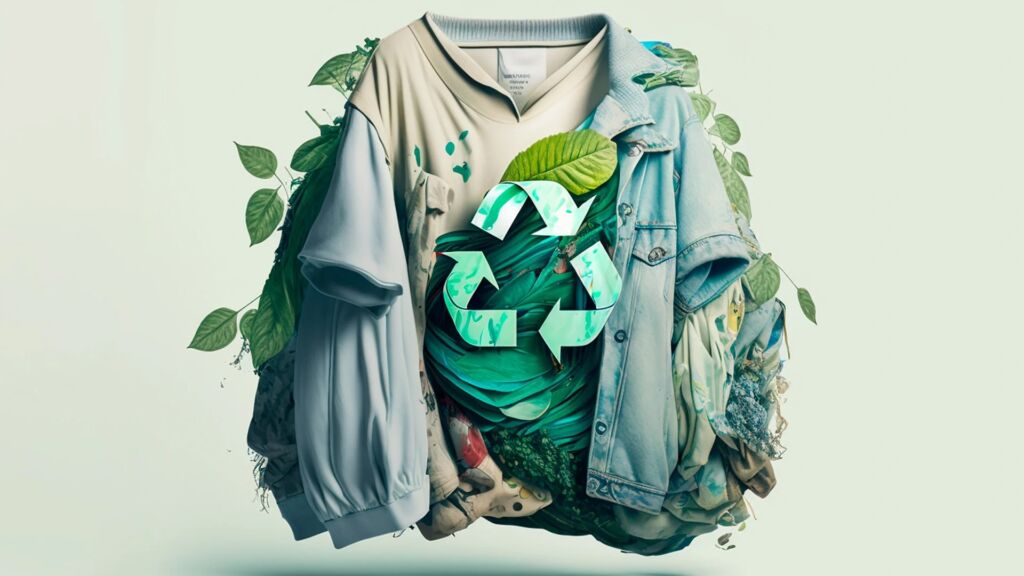
An introduction to sustainability in the fashion industry – and why it matters for future learning and leadership
Sustainable fashion is more than a passing trend — it’s a vital shift in how we approach the design, production, and consumption of clothing. It challenges us to reduce environmental impact, improve working conditions, and build a fashion ecosystem that is ethical, inclusive, and circular.
As part of the FAIR FASHION project, the European E-Learning Institute (EUEI) is helping to equip the next generation of fashion professionals with the skills and mindsets to drive this transformation forward — using the power of digital learning, collaboration, and innovation.
What is Sustainable Fashion?
Sustainable fashion refers to clothing and accessories that are designed, made, marketed, and used in ways that are environmentally responsible and socially fair. It considers every stage of the product lifecycle — from fibre to finish, and from consumer use to end-of-life.
Core principles include:
-
Reducing environmental harm by minimising energy use, water consumption, emissions, and waste.
-
Improving social outcomes by supporting fair pay, ethical labour conditions, and supply chain transparency.
-
Designing for circularity through reuse, repair, and recycling — extending the life of garments and materials.
-
Promoting informed, conscious consumption through education and advocacy.
Why Is This Urgent?
The fashion industry is one of the most polluting industries globally. Fast fashion models encourage mass production, low-cost labour, and short product life cycles — leading to textile waste, water contamination, and carbon emissions.
However, change is underway. Young consumers are demanding greater responsibility from brands. Policy frameworks like the EU Strategy for Sustainable and Circular Textiles are reshaping the legislative landscape. Education must now rise to meet this moment.
How FAIR FASHION Responds
FAIR FASHION brings together universities, educators, entrepreneurs, and learners to reimagine how sustainability and digital innovation are taught in fashion and textile education.
Through a comprehensive Toolkit, Case Studies, Bootcamp format, and Mentoring Programme, we’re creating hands-on resources and engaging experiences that bridge theory with real-world practice. EUEI is proud to lead the development of FAIR FASHION’s Digital Toolbox — offering educators practical tools for embedding green and digital skills into their teaching.
Looking Ahead
At EUEI, we believe education has the power to shape a fairer and more sustainable fashion future. Whether you’re a student exploring circular design, a teacher integrating environmental tools into your lessons, or a business looking to make ethical changes — you are part of this shift.
Stay tuned as we continue to share insights, tools, and good practices through FAIR FASHION.
- Visit the project website: www.fairfashionproject.eu
- Follow along on Instagram: @fairfashioneu
- Connect with us on LinkedIn: FAIR FASHION Project
By Kathryn O’Brien (European E-Learning Institute)
